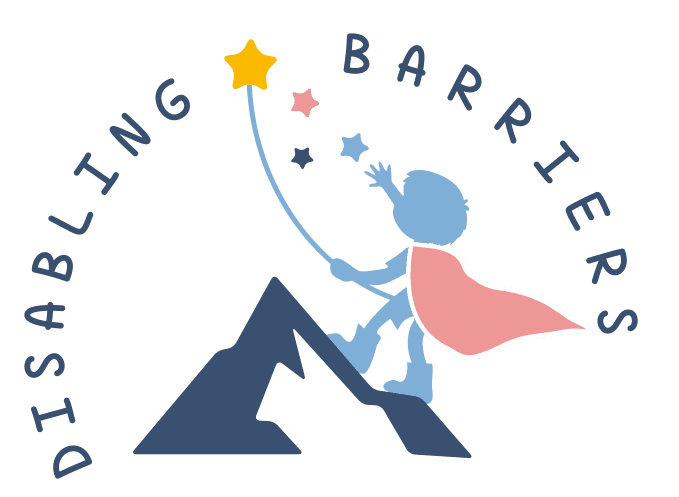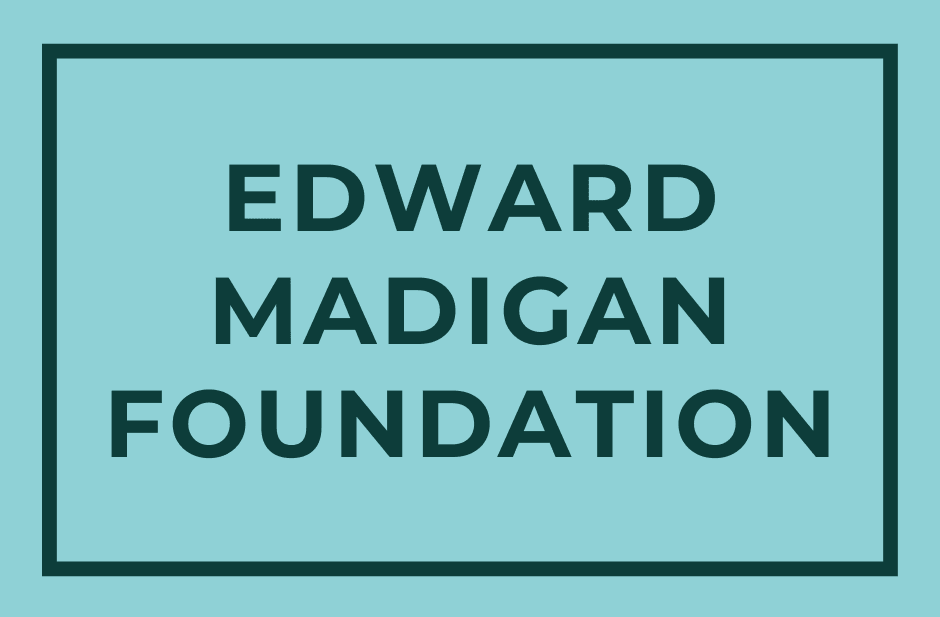Paying for College
College expenses often include tuition (per credit hour) and student fees, a fee for inclusive services, and room and board (if a student choose to live on campus). For students with intellectual disability (ID), financial resources are similar to those that other college students may access, but will also include additional resources specific to individuals with disabilities. While college costs may seem daunting, there are a variety of funding sources and supports available. We hope this page will encourage you to investigate available options and to reach out for more information.
One of the most common concerns about college is how this will impact someone financially and whether the cost is worth it. This is very much a personal decision, but there are people who can help you navigate this choice. Benefits Counseling is a service that helps individuals with disabilities and their families understand how employment and other life decisions, like going to college, will impact their benefits (i.e. Social Security, health insurance, housing assistance, etc.). Benefits Counseling addresses the fears and concerns many individuals and their families have about a reduction in benefits if they start to work. Learn more about how to access Benefits Counseling here.
In addition to Benefits Counseling, as you get closer to enrolling in college, we recommend you meet with the inclusive office and/or the office of financial aid on the campus of your choice to talk about financial resources; they might be able to help navigate some of the different items outlined below.
Financial Aid
Any students enrolled in an IHE with Federal CTP Status (Elevate at ACC, Regis GLOBAL, OIS at UCCS, or UNC GOAL) are eligible to apply for Federal Financial Aid. This is possible through the Comprehensive Transition Program (CTP) certification, a prestigious status granted by the U.S. Department of Education to college programs serving students with intellectual disability (ID). Once schools receive this designation, students with ID enrolled at that institution may apply for Federal Financial Aid, including grants, scholarships, and work study. CTP Status for CSU RAM Scholars, IHES at MSU Denver, Cultivate at LCC, and ASPIRE Scholars at PPSC is in progress.
For more information on how to apply for financial aid, check out 1) this page on how Federal Financial Aid works, and 2) this step-by-step guide on how to apply.
Wondering if financial aid impacts Social Security Income? Check out this FAQ page by Think College for more information.
Scholarships
While exploring scholarship options to fund your higher education experience, keep in mind that there are many sources to consider while searching. For example, there may be scholarship options such as:
- Scholarships awarded to seniors in your school district
- Scholarships available based on region (via organizations or Mill levy funds)
- Scholarships specific to the college you will be attending
- Disability specific scholarships
Some scholarships may say they are only for students pursuing a Bachelor's degree. Don't be afraid to ask whether an exception can be made for a student with an intellectual disability pursuing a certificate.
For more information about specific scholarship opportunities available through a particular college, we encourage you to reach out to the inclusive office on that campus. They can assist you in navigating scholarships that other students may have been able to access.
Finally, national scholarships for individuals with ID are worth exploring when considering college funding. We encourage you to reference the ThinkCollege Scholarship List for the most up to date information on national scholarships.
Student Contribution
Many college students contribute towards their own college expenses. This can be the same for students with ID, thus should not be overlooked as another option for paying for college. Student contribution could be from income from on- and off-campus jobs during the school year, summer employment, or even income received from Social Security. This will look different for each student, but it is something to keep in mind as you think about college.
Resources Specific to Individuals with Disabilities
Colorado ABLE - ABLE accounts are savings accounts designed for people with disabilities and their families. They enable individuals to save while maintaining their Social Security Income (SSI). Students in college may use an ABLE account to have greater financial independence, or families may use an account to save for college or any other disability related expense. For more information, please visit the Colorado ABLE website.
Case Management Agencies (CMAs) - Through CMAs, individuals with ID may be able to access Medicaid Waivers, which are a set of Health First Colorado benefits that you might be able to use in certain cases. These benefits can not only support individuals with ID in their home and community, they can also provide support while attending college! Additionally, some CMAs have "self-determination funds," "unmet needs funds," other scholarships where individuals can apply for financial assistance to meet their goals, like going to college. Find your Case Management Agency here.
Division of Vocational Rehabilitation (DVR) - Students with ID may be able to access support from DVR to help offset some of the cost of a college education while working to achieve their employment goals. DVR's services are very individualized, so families should discuss support options with their DVR counselor. To learn more about DVR and find your local office, please visit DVR's website.
Think College - Think College is a national organization dedicated to developing, expanding, and improving inclusive higher education options for people with ID. Visit their resource page to find out about other options for paying for college.
Additional Resources
- IN!'s Financial Variables Handout (Click to download)
- Watch Fall 2024 Webinar: "Paying for Inclusive Higher Education" and download the slidedeck for additional resources






















